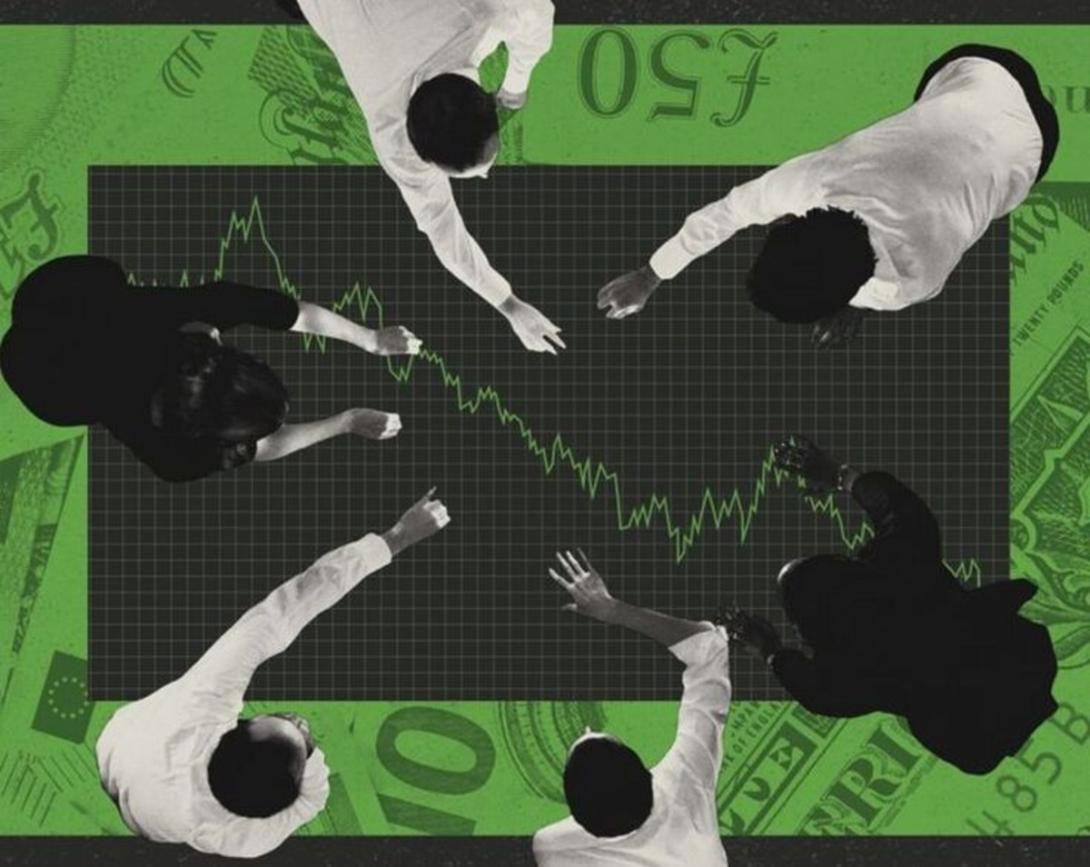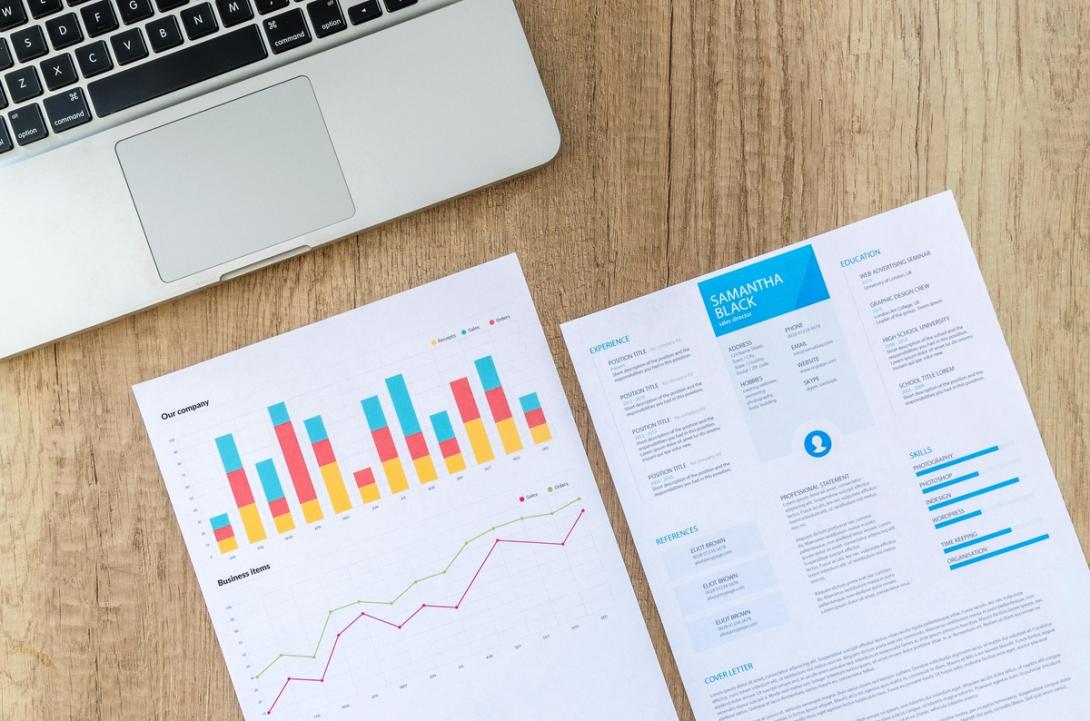
Introduction
Being a student enrolled in BS Economics & Finance course, I have observed and got asked a similar question. What kind of Economist are you? In the beginning I used to ignore and thought what kind of a silly, irrelevant question is this. After sometime passed by, from 1st semester to 7th semester. I find this question too relevant.
But I tell you this question teases you and will come as a nightmare in your final year. Many confused students in their last year and specifically Last semester panicked and rushes to the online platforms googling and finding the answer to the question which haven’t came to their mind before or they haven’t given importance to before.
During our bachelors every econ student keep quarreling with the thought: Why there is too much mathematics in economics? As mathematics bores us Genz-ers.
Kinds of Economists
When it comes to kinds or types of economists. Every institution, every journal & even every academic economists have their own views. I will try to be precise and name the common and undisputed ones.
Usually Economists are categorized based on their specialized areas of focus and methodologies. Microeconomists study the behavior of individuals, households, and firms, focusing on decision-making, pricing, and market mechanisms at a small-scale level. On the other hand, macroeconomists examine the economy as a whole, analyzing national income, inflation, unemployment, and the effects of fiscal and monetary policy.
Development economists work to understand and promote economic growth in low-income countries, focusing on issues like poverty reduction, inequality, and infrastructure development. Similarly, labor economists concentrate on employment patterns, wages, and the dynamics of labor markets, analyzing factors such as minimum wage laws and unemployment trends.
Another subset is behavioral economists, who merge insights from psychology with economics to study how individuals make decisions that deviate from rational behavior, often influenced by cognitive biases and heuristics. In contrast, environmental economists focus on the relationship between the economy and the environment, examining the impacts of policies related to pollution control, natural resource management, and climate change.
Public economists, also known as fiscal economists, study the role of government in the economy, looking at tax policies, public spending, and the provision of public goods. Financial economists delve into the behavior of financial markets, examining asset pricing, investment decisions, and the role of financial institutions.
Healthcare systems and their economic implications are studied by health economists, who analyze healthcare costs, insurance, and policy impacts on public health. At the international level, international economists investigate global trade, currency exchange, and international finance, focusing on how nations interact economically and the effects of globalization.
Institutional economists explore how various institutions—governments, corporations, and legal systems—affect economic behavior and outcomes, while urban and regional economists focus on economic issues specific to cities and regions, such as housing, transportation, and regional economic development.
Last but not the least, game theorists study strategic interactions between individuals or groups, particularly in situations where the outcome depends on the actions of all involved parties. This branch of economics is often applied to business competition, political strategies, and negotiations. Each of these fields uses different models and approaches to address a wide range of economic issues, contributing to a comprehensive understanding of economic systems.
Furthermore there are some economists like to known or called Hetrodox Economists. Now the question arises, what is heterodox economics and who are heterodox economists? Heterodox economics refers to approaches in economics that reject the standard tools and methods of mainstream economics. Instead of relying on mathematical models, decision theory, and empirical testing, heterodox economists often emphasize alternative ways of understanding economic phenomena. These include focusing on history, natural systems, uncertainty, and power dynamics. Common heterodox schools of thought include Austrian, ecological, Marxist-historical, post-autistic, and modern monetary economics. Unlike mainstream economics, heterodox economics is often viewed as more closely related to the humanities than the behavioral sciences, questioning the use of the scientific method in studying society.
Islamist Economist or an Islamic Economic expert is another term that isn’t commonly used, Infact no one uses it, but it can be and it must be used. As we know that the Islamic Economics has the potential to change the current new world order and the economic structure of the world. Where every being will be having rights. Opportunities will be equal for everyone to excel. You can call it a shariah compliant Economics.
Takeaways:
- If someone teases you and asks you a question: What kind of Economist are you? You should know the answer. Viceversa you can also tease your economists friends by asking them such questions.
- Many students struggle with the heavy use of mathematics in economics, but it is a fundamental tool in both mainstream and some heterodox approaches
- Being aware of different economic schools of thought, including heterodox and Islamic economics, broadens your understanding of how economies can be analyzed and structured.
- This question can serve as a conversation starter or even a playful challenge among fellow economics students, helping everyone reflect on their academic identity and aspirations.
Conclusion:
In conclusion, the question "What kind of economist are you?" becomes increasingly relevant as one progresses through their economics education. While it may seem trivial early on, it ultimately serves as a way to reflect on one's specialization and interests in the field. Economics offers a broad array of paths, ranging from micro and macroeconomics to development, behavioral, and financial economics, among others. Additionally, heterodox and Islamic economics provide alternative approaches to mainstream economic thought. Understanding these distinctions not only helps define your own academic and professional journey but also enables you to confidently navigate the diverse landscape of economic thought.
References
"Principles of Economics" by N. Gregory Mankiw
"Development Economics" by Debraj Ray
"Behavioral Economics" by Richard Thaler and Cass Sunstein
"Labor Economics" by George Borjas
"Public Finance and Public Policy" by Jonathan Gruber
https://www.sciencedirect.com/search?qs=Rethinking%20Development%20Economics%20edited%20by%20Ha-Joon%20Chang
https://en.wikipedia.org/wiki/Heterodox_economics#:~:text=9%20External%20links-,History,neoclassical%20revolution%20of%20the%201870s.


